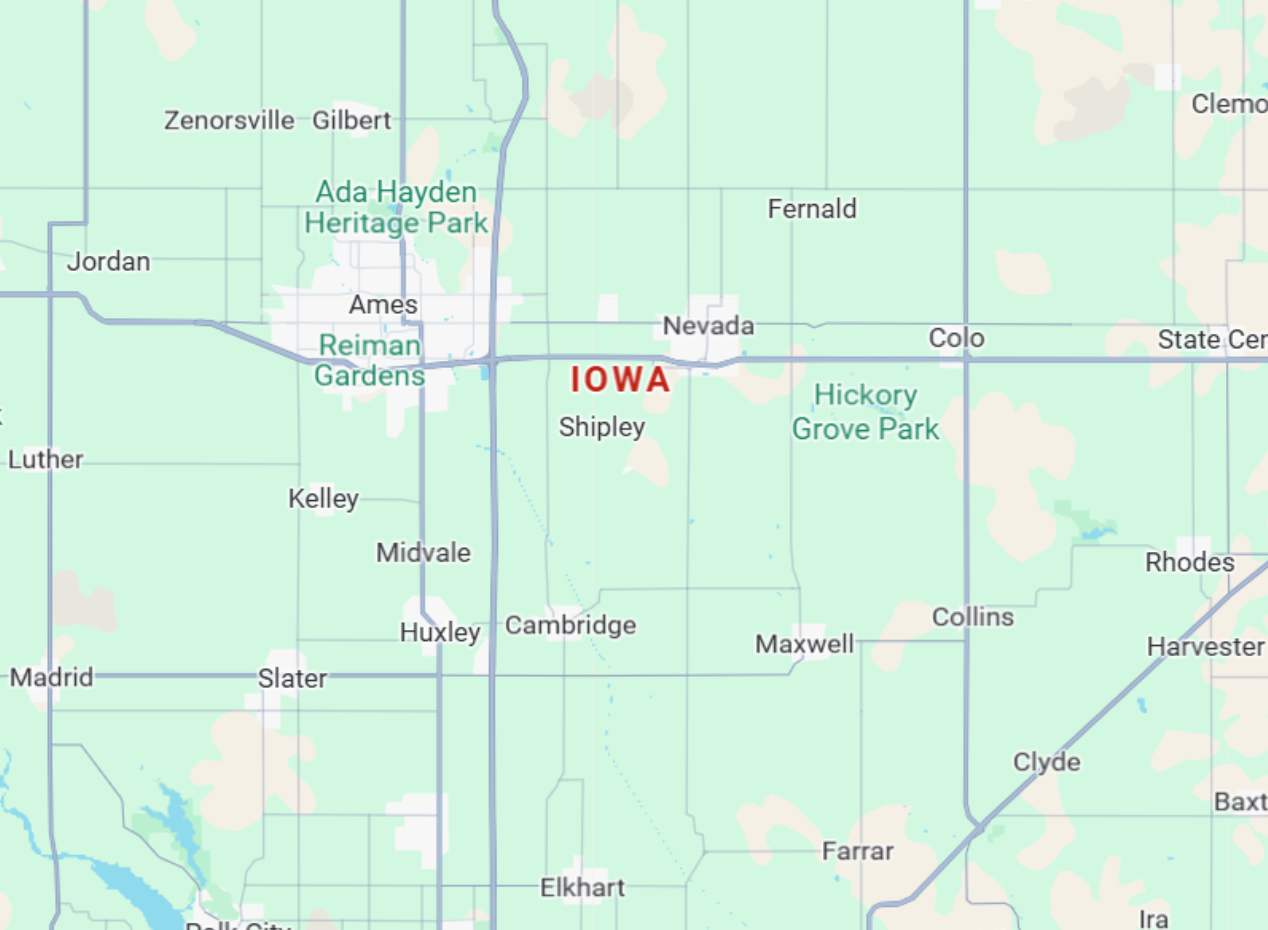Website ADA Compliance in Iowa
In Iowa, digital ADA compliance goes beyond legalities. It embodies an ethical commitment to inclusivity for all. Together, we can improve accessibility and help everyone have the support they need to succeed in our communities.

Iowa ADA Requirements
Iowa's commitment to fairness and inclusivity is clearly demonstrated in the web accessibility standards they have put in place, making sure everyone, regardless of their abilities, has access to what they need.
Accessibility solutions near you in Iowa assist in meeting state compliance requirements while making digital content more accessible for all users.
Americans with Disabilities Act and Section 508
The Americans with Disabilities Act, commonly known as the ADA, became law in 1990 to stop discrimination against people with disabilities. Under Title III of the ADA, businesses open to the public, such as restaurants, hotels, banks, and theatres, are required to make reasonable changes to make sure everyone can access their services.
Over time, courts and the Department of Justice have made it clear that Title III does not just cover physical spaces; it also applies to websites, meaning online services must be accessible, too.
Meanwhile, Section 508 of the Rehabilitation Act sets standards for federal agencies, organizations that receive federal funding, and their contractors to make sure their technology (e.g., websites, videos, documents, emails, and apps) is accessible.
The Iowa Department of Human Rights (IDHR) - Division of Persons with Disabilities is all about promoting equality for people with disabilities in Iowa.
Iowa Web Accessibility Standard
Iowa’s Web Accessibility Standard guarantees that all state websites and digital tools are accessible to everyone, including people with disabilities.
To make this happen, the state follows the Web Content Accessibility Guidelines (WCAG) 2.0, focusing on Levels A and AA. When federal funding is involved and requires Section 508 compliance, that takes precedence over the state rules.
This policy applies to everyone: every state agency, board, commission, and contractor working on website creation or maintenance must follow it. Anything developed after the policy started needs to meet these accessibility requirements. The Department of Administrative Services or whoever they appoint makes sure agencies follow the rules.
If a contractor is hired to handle web services, they must comply with these accessibility standards. Proposal requests should clearly state this, and all contracts must include written proof that the contractor agrees to follow the rules.
While this standard is not required for private businesses, adopting such accessibility practices can significantly enhance user experience. Making digital platforms inclusive reflects a commitment to social equity and broadens customer reach. Accessibility promotes innovation and positions businesses to stay ahead of potential regulatory changes.
Consequences of Noncompliance
When businesses or organizations that are subject to accessibility laws ignore them, they can create real barriers for individuals with disabilities and put those businesses at legal risk.
One common legal action is receiving an ADA website compliance demand letter. These letters usually spell out specific accessibility problems and give a deadline for fixing them. If nothing changes, it can escalate to a lawsuit. But here is the thing: a lawsuit does not have to be preceded by a demand letter; it can happen without warning.
Beyond the legal side, Iowa businesses risk something harder to fix reputation. Accessibility can damage trust, not just with directly affected customers but also with the broader community.
How To Make Sure Your Website Complies With Iowa Accessibility Standards
Making your website accessible is not a one-and-done deal. It is an ongoing process that demands attention, effort, and the right strategies to get it right.
- Conduct Accessibility Audits: Test ADA compliance using automated tools or expert services. Post-audit, review detailed findings to fix any non-accessible website elements.
- Make All Website Elements Accessible: Go beyond basic compliance by making sure that all components of your website, including images, documents, headings, buttons, tables, and interactive elements, are accessible to users of all abilities. Use semantic HTML for clear structure, provide meaningful alt text for images, organize content with proper heading levels, and label form fields accurately. For documents like PDFs, apply PDF remediation techniques to make them readable, properly tagged, and easy to navigate. Taking a comprehensive approach to accessibility not only improves usability for those relying on assistive technologies but also creates a more inclusive experience for everyone.
Partnering with Be Accessible can help your business effectively meet Iowa’s digital accessibility requirements and address compliance challenges with confidence. Benefit from our detailed site audits, smooth accessibility fixes, and effective document remediations, all while benefiting from customized training tailored to your team's needs.
Be Accessible Increases Digital Accessibility Every Day
We serve a wide range of industries from restaurants to tech companies to financial institutions and everything in between.
Contact Us
You're one step closer to ADA compliance.
Fields marked with * are required.